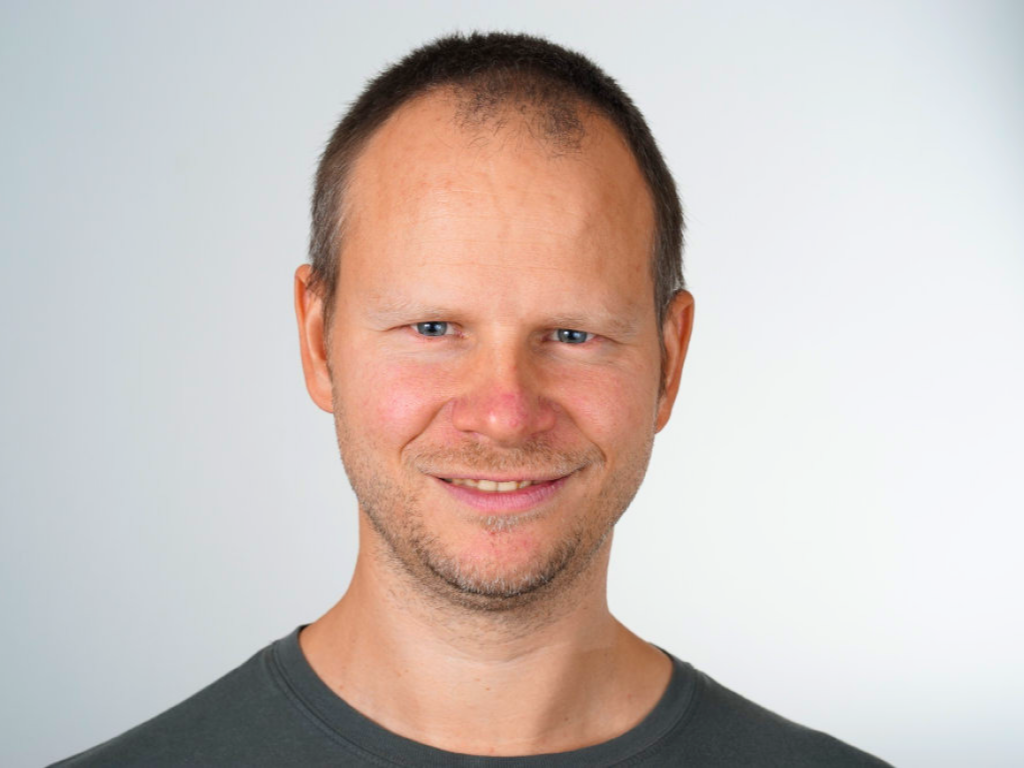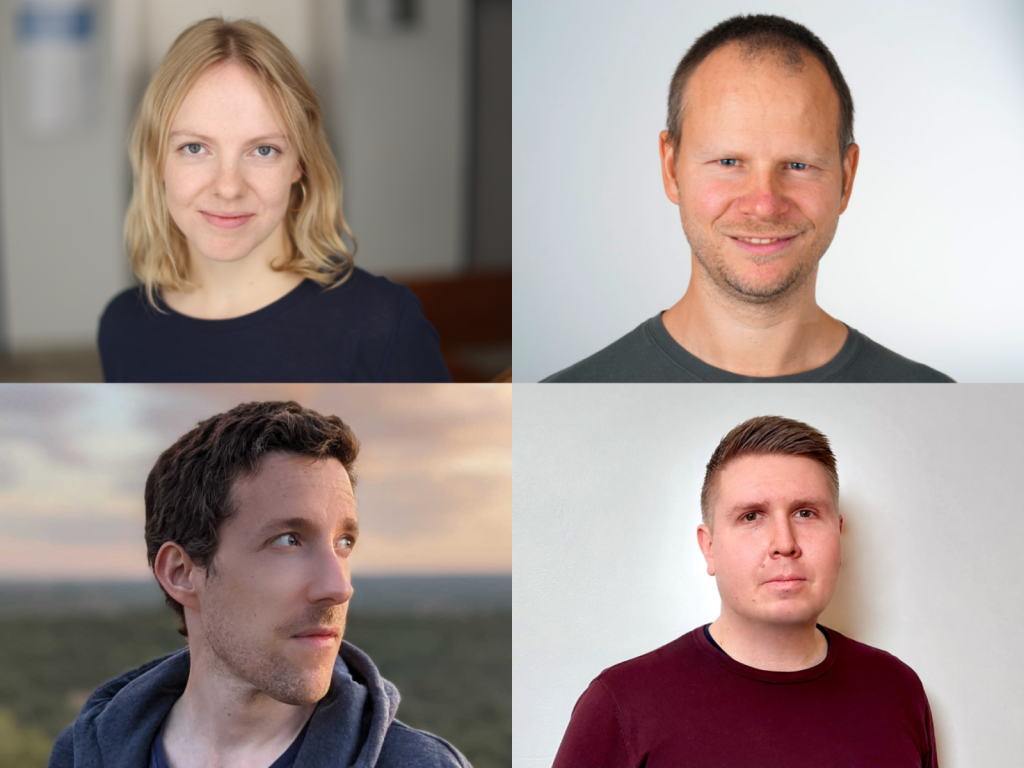Antti Hukkanen
Position – CEO of Mainiotech, Finland
Working On – PopuliHub / Decidim (digital platform for citizen participation)

Motivations
Democracy technology provides a great way to get normal people involved in democratic day-to-day decision making and make public organisations more trustworthy through transparency, by providing a direct way for people to affect the decisions being made. We are also very proud when we see the actual effects of the decisions being made on the platforms that we provide, such as well over 100 realised citizen ideas in the City of Helsinki or the organisational improvements and cost savings of millions of euros that some of our organisational customers are achieving through democratic decision-making tools.
Challenges
Lack of resources. The whole world runs on software these days, which means that there is a high demand for developers. For example, it has been estimated through public research that in Finland we have a shortage of 10,000 software developers right now and this number is estimated to grow to up to 50,000 in the next 10 years. Not being able to find experienced people is a really big challenge for any software company. But this also affects the scale at which we can spread democratic technologies, as we simply do not have enough resources to provide them to as many organisations as we would like to. Those organisations will find other ways to meet their needs, if we cannot provide them. This may lead to situations where organisations are forced to use technologies that are not following the same democratic principles as the tools that we provide.
Trends
For many people it’s a cliché but AI is definitely a trend that we need to follow. The AI technology we have available today can already help us in some development tasks. In the future we would expect it to be able to do part of the development work itself with some level of human guidance. It can also help reduce manual moderation work, speed up administrative processes, produce guidance material, translate content into multiple languages, understand user intentions based on speech recognition, give new ideas to people, and much more that would make these platforms more inclusive, accessible and easy to use.
Anke Stoll
Position – Research Associate at Heinrich Heine University, Germany
Working On – Kosmo (AI-supported collective social moderation)

Motivations
I think my fondness for projects that go beyond mere commercial orientation is mostly motivated by my background as a scientist. I have always been interested in the ‘how?’ and the ‘what for?’ of technology. In my opinion, this is the main advantage of being a scientist rather than a business player — having the freedom to focus on these interests in my work.
Challenges
As an AI developer with a social science background, a big challenge is to reconcile the ambition of optimising performance with questions of meaningfulness, responsibility, and transparency. For example, we know that for developing AI, more data usually means better performance. But really huge data sets are rare and often in the hands of big commercial actors. We therefore do not know much about the data — for example, how it has been compiled, if it really fits our use case, or if it’s biased. To be consistent, we should be cautious with these kinds of data. But do we therefore want to accept weaker models? It’s a tricky trade-off.
Trends
Currently, I am most interested in the trend of ‘explainable AI’. So far, the better AI gets, the more complex it becomes, and as a consequence, it also becomes less transparent and understandable for humans. I am curious if it will be possible to make AI explainable without giving a false impression of how it actually works. I mean, if we can make sense of it, is it still AI at all?
Eduardo Robles Elvira
Position – CoFounder and CTO at Sequent, Spain
Working On – Sequent (open source, end-to-end verifiable voting)

Motivations
There are two main motivations — it’s high impact and it’s technically challenging.
Challenges
Balancing what’s important with what’s urgent. We need to balance working on improving our solution for the long term with working for clients right now.
Trends
Technology is already part of democracy in many ways without people realising it. When there is innovation in something critical such as elections more resistance to change is to be expected – but change still happens. The Internet Generation that have experienced the advantages of voting securely in some small organisations — their university, an association, their union, etc — are increasingly wondering why can’t they do the same in other places, including political elections.
Alexander Rusa
Position – Head of IT at Participation-Bureau (mitgestalten Partizipationsbüro), Austria
Working On – Decidim.Austria (digital platform for citizen participation)

Motivations
In the beginning it was my colleague who introduced me to Decidim and DemTech in general. When we started working with it, I was impressed by the beauty of the code. For some, it may sound awkward to speak of “beauty” when it comes to technical stuff like coding, but as a developer you can see immediately if code is made in a sloppy or beautiful way and Decidim-solutions are beautiful solutions. Among other things, that’s the reason why we stick with it. The purpose of developing software to improve democracy is also something that constantly motivates me. The current lack of trust in democracy needs to be addressed, and if my skills can support this cause, I’m happy to do that.
Challenges
Communication is key! Open source software has tremendous advantages, particularly when it comes to DemTech, but there are challenges as well. Governance becomes very important when many developers are working on a common tool. It took us some time to understand how Decidim can maintain its lean and clean core, while at the same time benefit from all the features being developed. The community found a good solution with maintaining extra-features together, but we had to run some extra-errands, until we figured that out.
Trends
I’ve always enjoyed collaboration with others in software development — collective action to build or improve features. Since the pandemic and the increase of remote-work, I’ve observed a trend towards more internationalisation. This cooperation across borders — learning from teams with different backgrounds and contributing to common projects — is definitely worth following. A big variety of modern tools helps teams to collaborate efficiently. Hence I’m constantly following trends on asynchronous and location-independent work. Some of those insights we can also use in organisational management and even e-participation.
